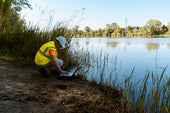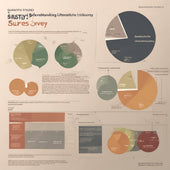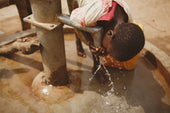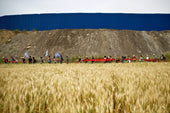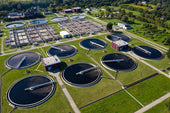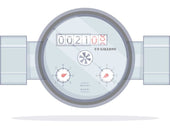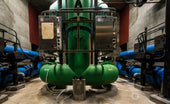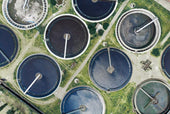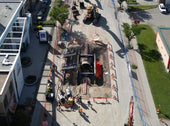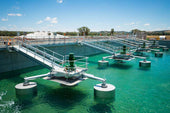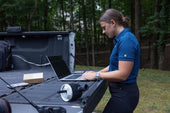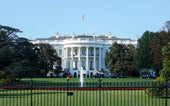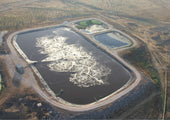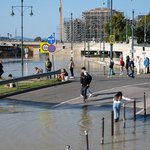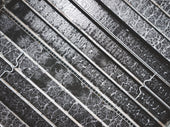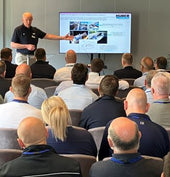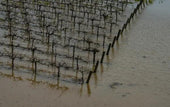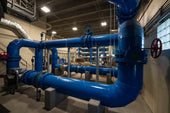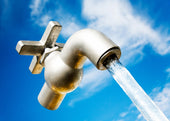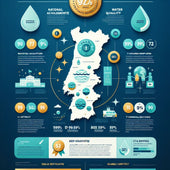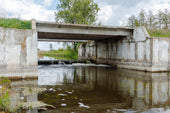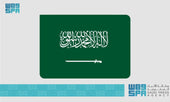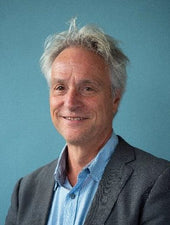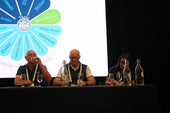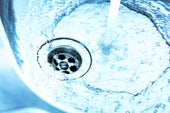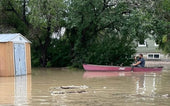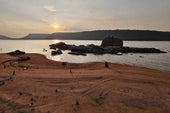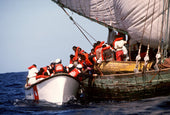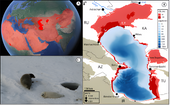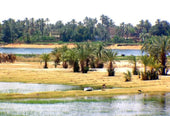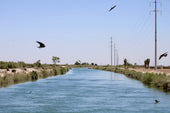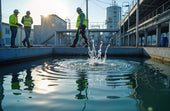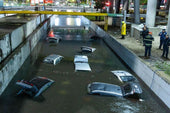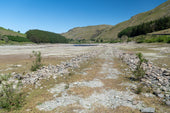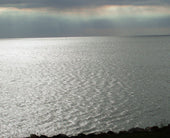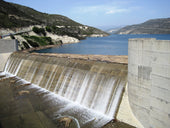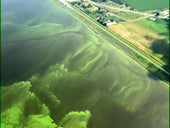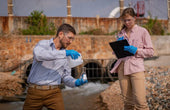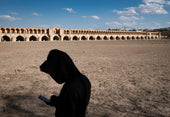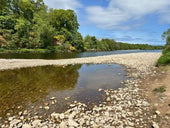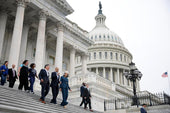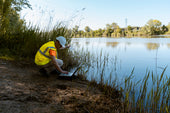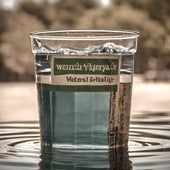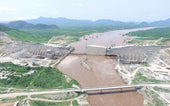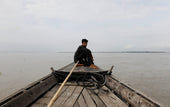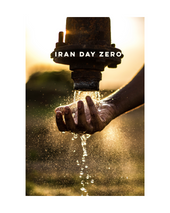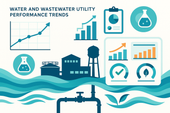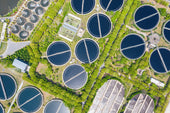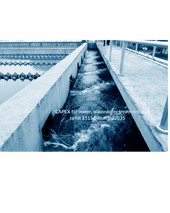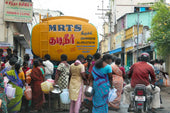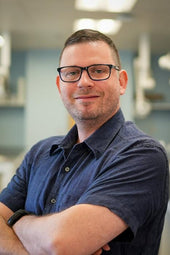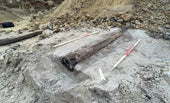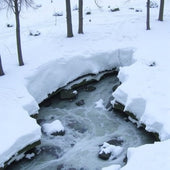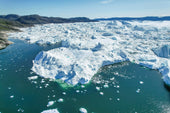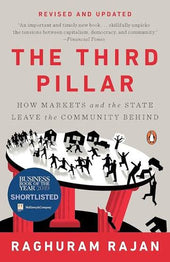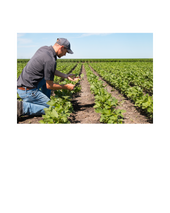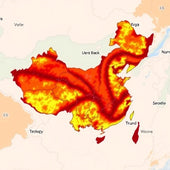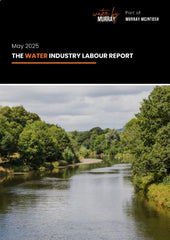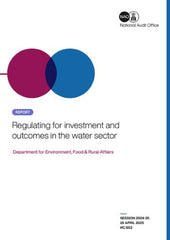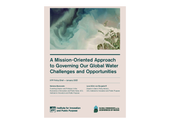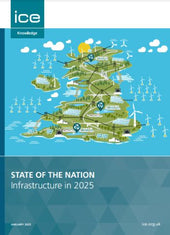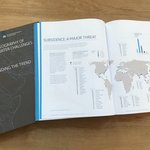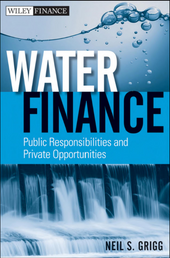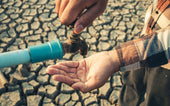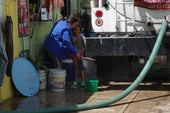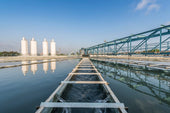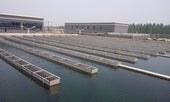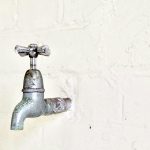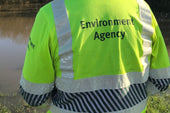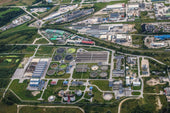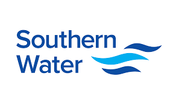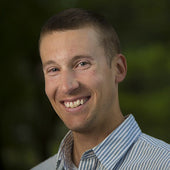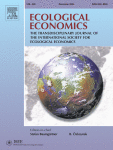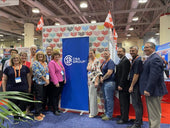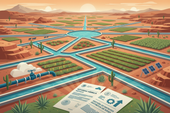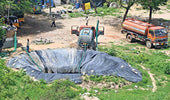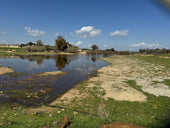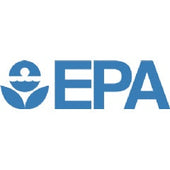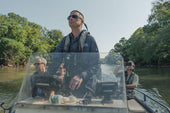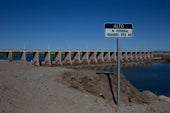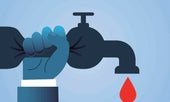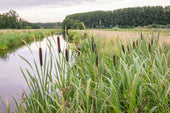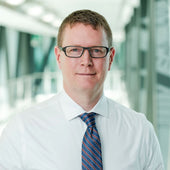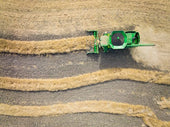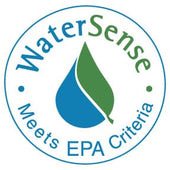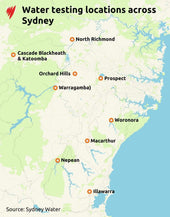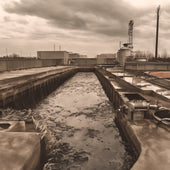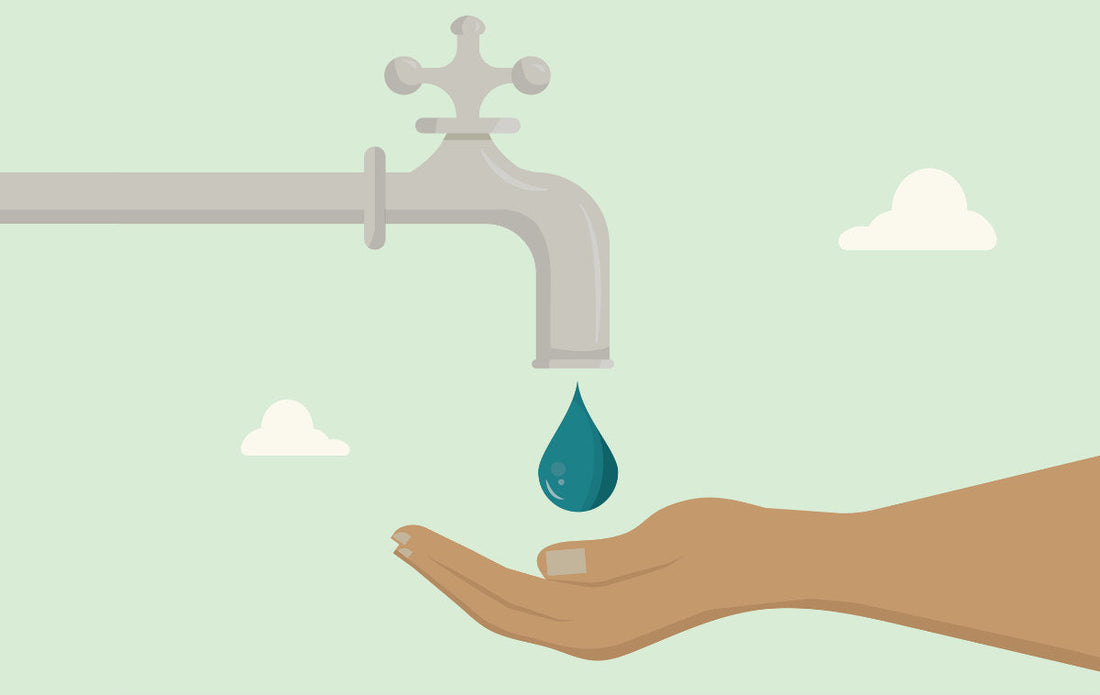
Water and sanitation research SDG soars despite gaps
The Arab region’s share in global productivity of scientific research papers related to Sustainable Development Goal 6 (SDG 6), aimed primarily at ensuring safe drinking water and sanitation for all, has grown by an unprecedented 243.5%, over eight years, led by Saudi Arabia and Egypt.
The trend demonstrates a strong regional focus on technologically driven and multidisciplinary solutions to water security challenges.
“This growth reflects the growing priority given to water research within Arab countries’ policy and academic agendas, due to the mounting environmental and socio-political pressures being experienced,” states a study that purports to be “the first comprehensive analysis of the research output on SDG 6 within the Arab world”.
“Despite the successes highlighted in SDG 6-related research, it remains crucial to acknowledge and effectively address ongoing challenges,” the study, titled “Assessing progress on Sustainable Development Goal 6 in the Arab world through performance and visualization analysis”, published in Discover Sustainability on 11 August notes.
The study indicates that “the progress of SDG 6 for Arab countries faces numerous challenges related to multilevel and intertwined issues of water governance and policy”.
“These challenges are rooted in large contexts, including policy-making, governance and financing,” note the study’s authors – Shaher Zyoud at Palestine Technical University and Ahed Zyoud at An-Najah National University, in Palestine.
“In general, the region lags behind desirable progress toward the attainment of SDG 6,” they state.
Superior achievement
The bibliometric analysis of 7,922 pieces of literature associated with SDG 6 in the Arab region in the period from 2016 to 2024 indicated that Arab countries’ share in global SDG 6 publications has grown significantly over the years, from as low as 4.6% in 2016 to as high as approximately 11.2% in 2024, that is an unprecedented growth of 243.5%,
The study also points out that Arab countries recorded a productivity rate of 7.4% in SDG 6-related research, indicating “a superior achievement” compared with the general contribution of Arab nations to worldwide research across all areas of science, which typically stands at approximately 2.2% at its best rate.
“This is because water scarcity is one of the major challenges facing the Arab world and is compounded by desertification and deforestation,” the authors explain. In addition, they note that “concerns regarding water issues in the Arab world have led to exceptional performance in patent filing in comparison with other regions of the globe”.
The study shows that the Arab region has seen a 50% higher rate of patent filings related to environmental technologies, particularly in the development and utilisation of inventions aimed at addressing water treatment methodologies.
SDG 6-related research in the Arab world
The top 10 Arab countries in SDG 6-related research productivity are Saudi Arabia (2,494 publications), Egypt (2,132), Iraq (707), Morocco (676), Tunisia (617), United Arab Emirates (571), Algeria (554), Jordan (373), Qatar (347) and Oman (265).
“This differential performance in research among Arab countries can be explained by a set of factors: economic conditions, demographic characteristics, level of development, and the scientific resources and robustness of scientific infrastructure at the country level,” the authors explain.
The top 10 productive Arab higher education institutions with prolific contributions on research related to SDG 6 include five Saudi universities, namely, King Saud University, King Abdulaziz University, King Fahd University of Petroleum and Minerals, King Khalid University and King Abdullah University of Science and Technology as well as four in Egypt, namely, National Research Centre, Cairo University, Tanta University and Alexandria University along with Qatar University.
The prominent journals with significant contributions from the Arab world to SDG 6-related research include Water, Environmental Science and Pollution Research, The Chemosphere and Science of the Total Environment.
According to the study, an examination of the focus of the leading journals that publish Arab region SDG 6 research indicated that “there is a significant shortage of research journals addressing topics such as water governance, socio-economic dimensions of water accessibility and equity, climate change effects on water resources, and technological innovations associated with smart and urban water management systems”.
Partnership among countries in the Global South
The study also highlights a growing South–South collaboration, particularly with South and Southeast Asia. The worldwide mapping of countries that collaborate in research on SDG 6 with Arab countries shows that the Asiatic region is the most collaborative, followed by the Western European region, North America, Africa, Eastern Europe, the Middle East, the Pacific region and Latin America.
Furthermore, the study confirms a growth in and flourishing of research partnership between Arab countries and major countries in South and Southeast Asia, notably India, China, Pakistan, Malaysia and Bangladesh.
Challenges
The authors also found that research within the Arab region is strongly focused on water treatment technologies, particularly desalination, nanomaterials, adsorption and advanced oxidation processes, mirroring real water management issues and solutions.
“Recognising water concerns as complex challenges in the Arab world has led to exceptional progress in environmental technologies, especially in developing and utilising inventions aimed at addressing water treatment methodologies,” they point out.
However, they emphasised that issues such as water governance, policy enforcement and sanitation are relatively understudied, pointing toward “research gaps of practical importance with respect to achieving SDG 6 ambitions”.
Measures for advancing SDG 6-related research
Based on the findings, the study put forward several recommendations for advancing SDG 6-related research in the Arab world, including investments that contribute to filling data gaps, leveraging innovative and intelligent technologies and developing resilient frameworks for water management.
The study noted that “promoting knowledge exchange and educational initiatives and integrating the social domain within holistic integrated water resources management (IWRM) frameworks should be considered essential prerequisites for advancing SDG 6-related research”. It also called for strengthening community participation, enabling water conservation practices and integrating social sciences into water projects.
It stated: “Compared with other water-related issues, the emphasis on sanitation research should garner momentum due to the significance of water, sanitation and hygiene (WASH) measures in promoting public health and preventing infectious diseases… Holistic strategies must combine water, sanitation, and hygiene (WASH) with integrated water resources management (IWRM) as the foundation of sustainable progress”.
Imbalance in research
Professor Hamed Ead, who is based in the faculty of science at Cairo University, one of the top 10 productive Arab institutions with prolific contributions on research related to SDG 6, told University World News: “This analysis is significant because it provides a clear, data-driven picture of the Arab region’s urgent response to its severe water crisis. However, the study’s true value lies in its critical assessment of the nature of this research.
“It astutely reveals a significant imbalance: while the region excels in technological solutions like desalination, it critically neglects the ‘soft’ infrastructure of governance, policy and socio-economic equity.”
Ead added: “This finding is a crucial warning that technological prowess alone cannot solve the water crisis. Without parallel research into effective management, fair distribution and sanitation (WASH), the groundbreaking technical solutions may fail to reach the communities that need them most, thereby hindering the ultimate goal of ensuring clean water and sanitation for all.
“The analysis essentially provides a roadmap for a more balanced and effective strategy moving forward.”
Bridging the science-policy gap
Magdi Tawfik Abdelhamid, professor of biotechnology at Cairo’s National Research Centre, one of the top 10 productive Arab institutions with prolific contributions on research related to SDG 6, told University World News that the study provides “important take-away messages” to higher education policy-makers, and policy-makers and decision-makers seeking to advance research on clean water and sanitation for sustainable development.
“The study also sheds light on the significance of filling the science-policy gap,” he stated. “Doing research for generating knowledge is only one side of the coin. Knowledge utilisation by policy-makers and implementing it on the ground by decision-makers is the other side of the coin.”
He added that the study indicates the need for establishing an Arab observatory to systematically identify, analyse and address knowledge gaps hindering progress towards achieving the SDGs.
“This observatory would act as an innovative catalyst focusing on connecting research to action and bridging the science-policy gap,” said Abdelhamid. “This involves not only mapping existing research but also proactively identifying areas where further investigation is needed, potentially through targeted research initiatives and collaboration.”

